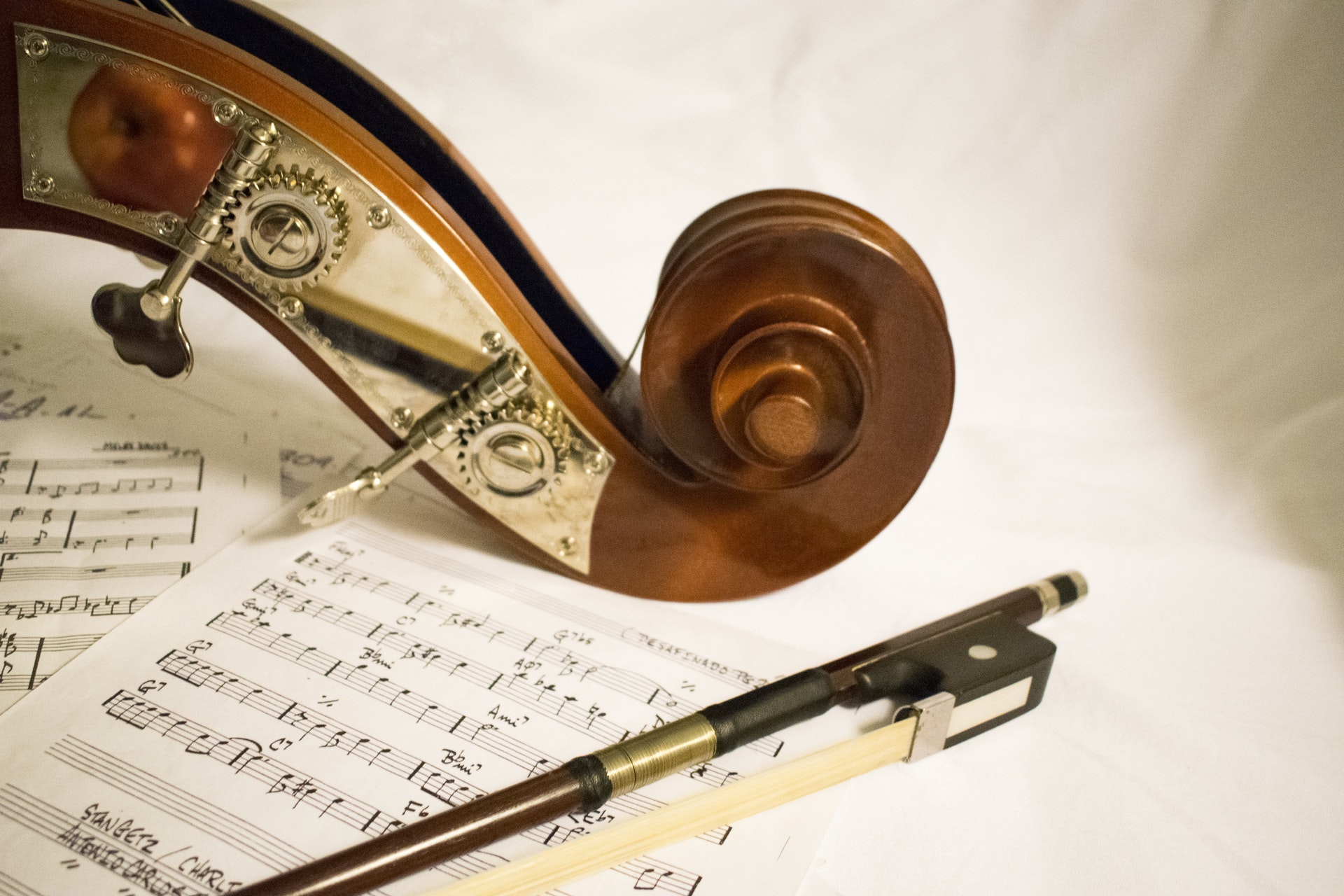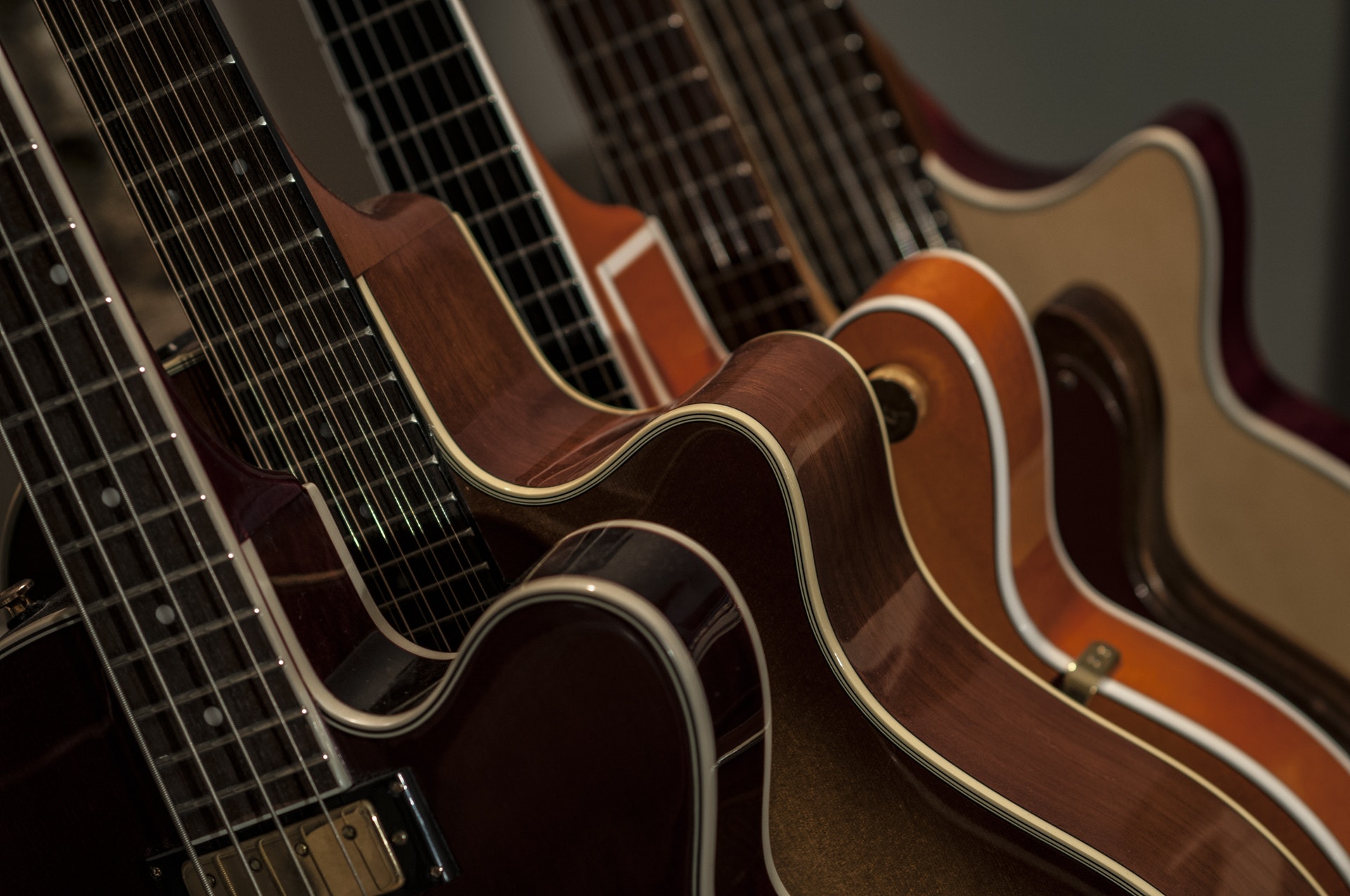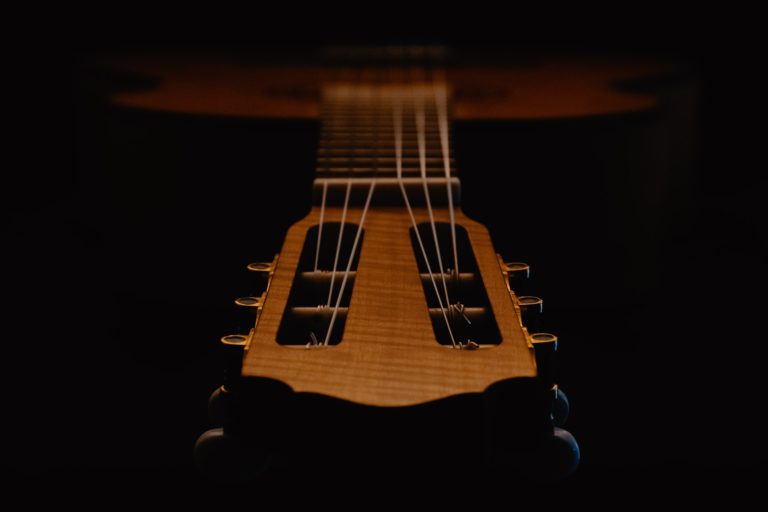How Long Should a Song Be?
Determining the ideal length for a song isn’t as easy of a task as it sounds. If it’s too short, you’ll leave listeners wanting more. But if it’s too long, you risk boring the audience.
Let’s start with the short answer to “how long should a song be?” Most songs fall between two and five minutes long. However, this number heavily depends on the musical genre. Furthermore, there are countless tracks that fall well outside of this range.
Indeed, there are plenty of circumstances where breaking the norms is appropriate. For many artists, this has enabled them to create masterpieces that cannot be condensed into such a short time frame. Read on if you seek a personalized answer regarding how long your song should be.
How Long is the Average Song?
The average song is currently three minutes and thirty seconds long. But, like many things, song length likely resembles a bell curve. Most songs would fall within a standard deviation of the 3:30 average, while songs below three minutes or above four would be less common.
Also of note is the fact that songs are getting shorter. Pop songs are famous for being a mere three minutes long, hence the cliché “three-minute pop song.” However, this phrase may soon become “two-minute pop song.”
This video explains the phenomenon of songs getting briefer (hint — it’s about money):
Benefits of Shorter Songs
Indeed, songs are getting shorter. However, there are compelling reasons that artists (especially pop musicians) do this that don’t pertain to laziness.
So, when (and why) should you keep a track short and sweet over long and complex? There are a few advantages.
Reason 1: Listeners Have Short Attention Spans
We know, this sounds like the kind of old-man rant for which someone you know is likely notorious. Nevertheless, there is underlying data for this particular claim. It’s safe to say that instant access to endless media has had some sort of effect on how quickly we hop from one piece of media to the next.
After all, there are more songs on Spotify and YouTube than you can hope to listen. Couple this with the fact that Spotify presents the user with recommended albums before any time has elapsed on the first track, and you can see why the temptation of something fresh overcomes the listener after only two minutes.
Love it or hate it, the fact remains: your song is a grain of sand on an endless beach of music. By keeping your tracks under three minutes, more listeners will stick around before the call of something new pulls them away.
Reason 2: Shorter Songs Make More Money
To expand on what we said earlier, songs are getting shorter. In fact, the average pop song has lost over 30 seconds in the last decade. Furthermore, there is a strong correlation between the rise of streaming services and the fall of song length.
Spotify and others pay the same amount for any song over 30 seconds. Thus, you won’t make any extra money tiring for a track length of 7:30 when 1:15 pays just as much. For many artists, it makes more sense to purposefully not provide listeners with enough song to satisfy them. Instead, they’ll need to play the song again to achieve musical satiety.
In summary, shorter songs mean more plays. More plays mean more money.
Reason 3: Shorter Songs are Easier to Make
If you’re just starting out with songwriting, jumpstarting the process can be tiresome. There’s more to creating lengthy songs than repeating the same measure for an extra two minutes.
Instead, you can create a complete piece of music in a fraction of the time. This means you can get your song out ASAP — which means you earn money sooner. You’ll probably agree when we say that this is a positive thing!
If money is your end goal (we don’t blame you if it is), there’s no financial gain from writing an 8-minute-long rock n’ roll ballad these days. Plus, longer songs require more pieces, like chapters in a novel, to maintain someone’s interest.
Sure, the idea of keeping songs short for this reason may seem a bit crummy from an artist’s perspective. But from a business perspective, it’s brilliant; or at the very least, it’s a necessary evil.
Benefits of Longer Songs
Despite the numerous benefits of brevity, longer songs definitely have their place. Why opt for a longer track over a short one, especially when shorter pieces are (generally) more profitable?
Reason 1: More Time to Convey a Musical Idea
Many musical messages are too intricate to convey in under three minutes. Thus, longer songs are the perfect fit for these emotional masterpieces.
Short songs are effective at getting across a single theme and emotion. However, long songs can take the listener on an exhilarating ride between multiple emotions and themes. With more time comes more potential for expressive storytelling and melodic complexity.
Reason 2: Crescendos
Classic rock… eh, classics, have shown that longer songs enable artists to build intensity in unprecedented ways. For example, “Free Bird” by Lynyrd Skynyrd and “Stairway to Heaven” by Led Zeppelin show that guitar solos preceded by six or more minutes of relatively soft music hit harder than they would if they stood alone.
A crescendo is exactly this: “a gradual, steady increase in loudness or force” (Dictionary.com at your service). When the word “gradual” comes into play, three minutes isn’t enough. Beethoven certainly knew this when he composed his fifth symphony, which spans over half an hour:
Of course, this is an extreme example. Five to six minutes is adequate for an epic crescendo in most genres!
Reason 3: Bucking the Trends
The fact that songs are getting shorter should encourage you to take one of two actions:
- Follow the trends because that’s where the money is
- Be a rebel and fight the current
Let’s be clear: there is nothing wrong with the first choice. If keeping your songs shorter is what you need to put food in the fridge, then go for it!
However, if putting your music on Spotify isn’t your sole source of revenue, or you’re one of the few who’ll be making bank regardless, consider taking a step back. By going against the norms, you make a statement that may inspire others to do the same. You say, “Some things take time to say, and I don’t care what it costs to speak my mind.”
FAQs
What is the shortest song ever recorded?
To keep things simple enough to answer, a song must have been commercially released as part of an album to claim the title of “shortest song.”
With this criterion, “You Suffer” by Napalm Death is the shortest song ever at 1.3 seconds. The band released their ridiculously brief track in 1989, setting a Guinness world record that has yet to be officially broken.
You can listen to it right here:
Of course, there are plenty of “songs” out there that attempt to beat this record, but Guinness is no longer accepting new entries. For all we know, someone has managed to condense a couple of words and chords into 100 milliseconds.
What is the longest song ever recorded?
Again, we look to the Guinness Book of World Records to avoid hearing the phrase “well actually” more than nine times. Thus, the longest verified song ever released is “Symphony of the Crown” by Earthena.
The colossal track clocks in at 48 hours, 39 minutes, and 35 seconds. It was recorded on October 1st, 2021, in Ontario, Canada.
How long should a song intro be?
Another big part of determining your song’s ideal length is the intro. Many people wonder how long they should tease their audience before jumping into the chorus. Generally, a solid intro is about four bars, which is generally about 8 – 12 seconds.
Again, though, there is no set rule — only a guideline. The intro to “Time” by Pink Floyd, for example, lasts a whopping two minutes! Granted, for a song about hardcore procrastination, the absurdly delayed intro compliments the theme.
Ultimately, it’s all about striking a balance. Your intro should be long enough to build anticipation, while short enough to maintain the listener’s interest.
Conclusion
Alas, there is no cut-and-dried answer for how long your next track should be. If you’re looking to reap the most profits given the nature of streaming platforms, keeping your song short, between two and three minutes, can help you get by given less-than-ideal circumstances.
Of course, there are artistic advantages to longer songs that enable you to push your creative thresholds. With more time at your disposal, you can experiment with melodic shifts and tempo changes. Furthermore, you can create a song that reads like an engrossing novel, which helps invigorate the music world and buck the trends (in a good way).
We’ll end things by saying that your song “should” be anywhere between one and ten minutes. As a musician, creativity is yours to command. Once you start rigidly following rules, you drift away from what, in our opinion, being an artist is all about.







